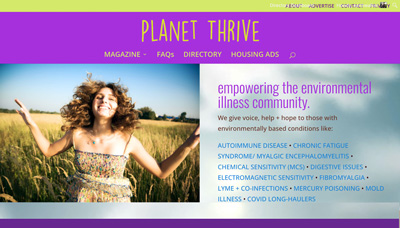
The more indirect we are about communicating our needs or desires in a relationship, the more likely we are to feel (and believe) that we are not ‘being met’ by our partner.
There are two reasons for this.
The first (and less important in my opinion) reason has to do with how indirect communication lands with the other person.
Indirect communication of our needs or desires comes across as tentative, uncertain, and non-urgent at best, or coercive, manipulative, and laden with subtext at worst.
Indirect expressions of needs or desires off-loads the responsibility for the holding, tending, and advocating of what we need or want onto the other person.
The second reason is where the rubber really meets the road, and that is that when we are indirect about our needs or desires, we are not actually showing up as vulnerable and transparent in the relational space.
Vulnerability and transparency render us feelable — to ourselves and to others.
When we aren’t feelable, we aren’t meet-able, either.
And honestly, that is exactly the point sometimes. To not be feelable is a sort of protection.
It keeps us from being disapppinted, let down, hurt.
If we’ve been people-pleasers or accomodators, we might have spent much of our life soft-peddling our needs and keeping our desires small and tolerable to others…to the point that we aren’t even aware of our needs or desires.
That disconnection from our inner-guidance, our inner-knowing and inner-authority, that says, ‘…this, this is what I want, this would feel good’ — that disconnection is adaptive.
Not being seen, not being difficult, flying under the radar — this might have been either what was expected of us or what we learned to do after our rightful needs and wants went unseen and unmet for too long.
So how do we remedy this?
We start to get curious about how we relate to our own needs.
We start to inquire about the places we say we feel unmet in our relationships — and wonder about how we are participating in that unmet-ness.
We look at the way we ask for what we need or want, and we start to ask directly, transparently, vulnerably for it.
We sit with the intense sensation of being revealed, and we learn to hold it, ride the wave of it, stay present or come back when we get whacked.
And we learn to hold ourselves and the range of emotions we experience when someone responds — affirmatively or negatively — to our vulnerable, transparent direct ask.
This is the work of self-attunement.
The more consistent and robust our self-attunement — self-tending, -holding, -affirming, -responding — the greater the likelihood we will feel (and find ourselves) met. First by ourselves, then by others.










0 Comments